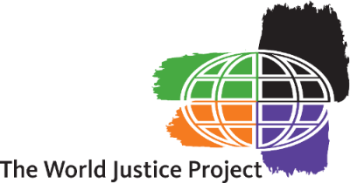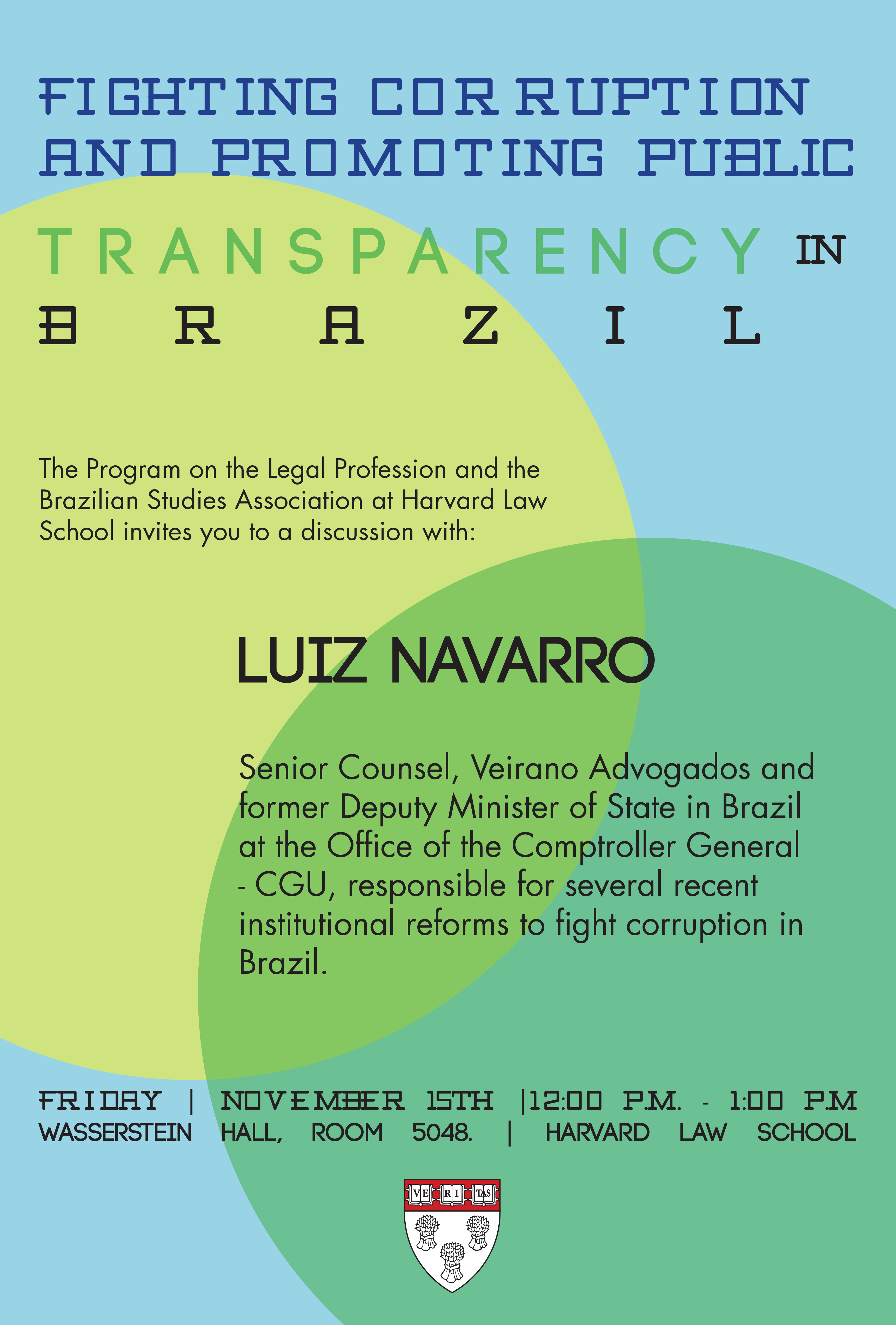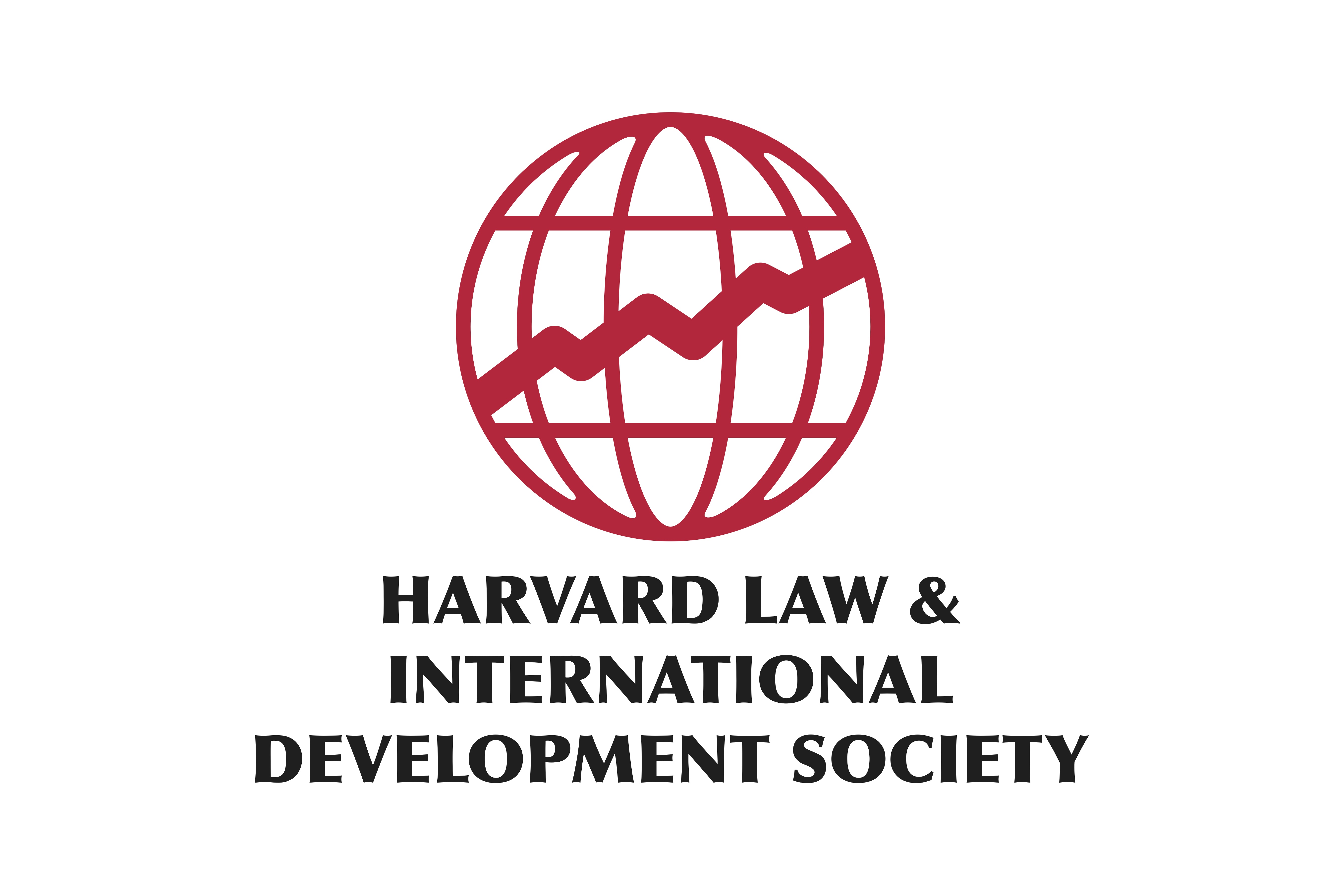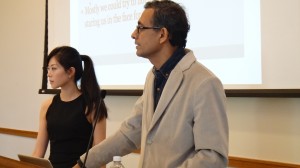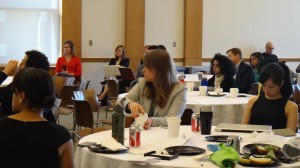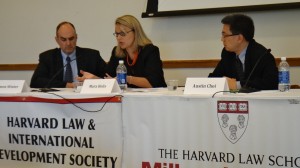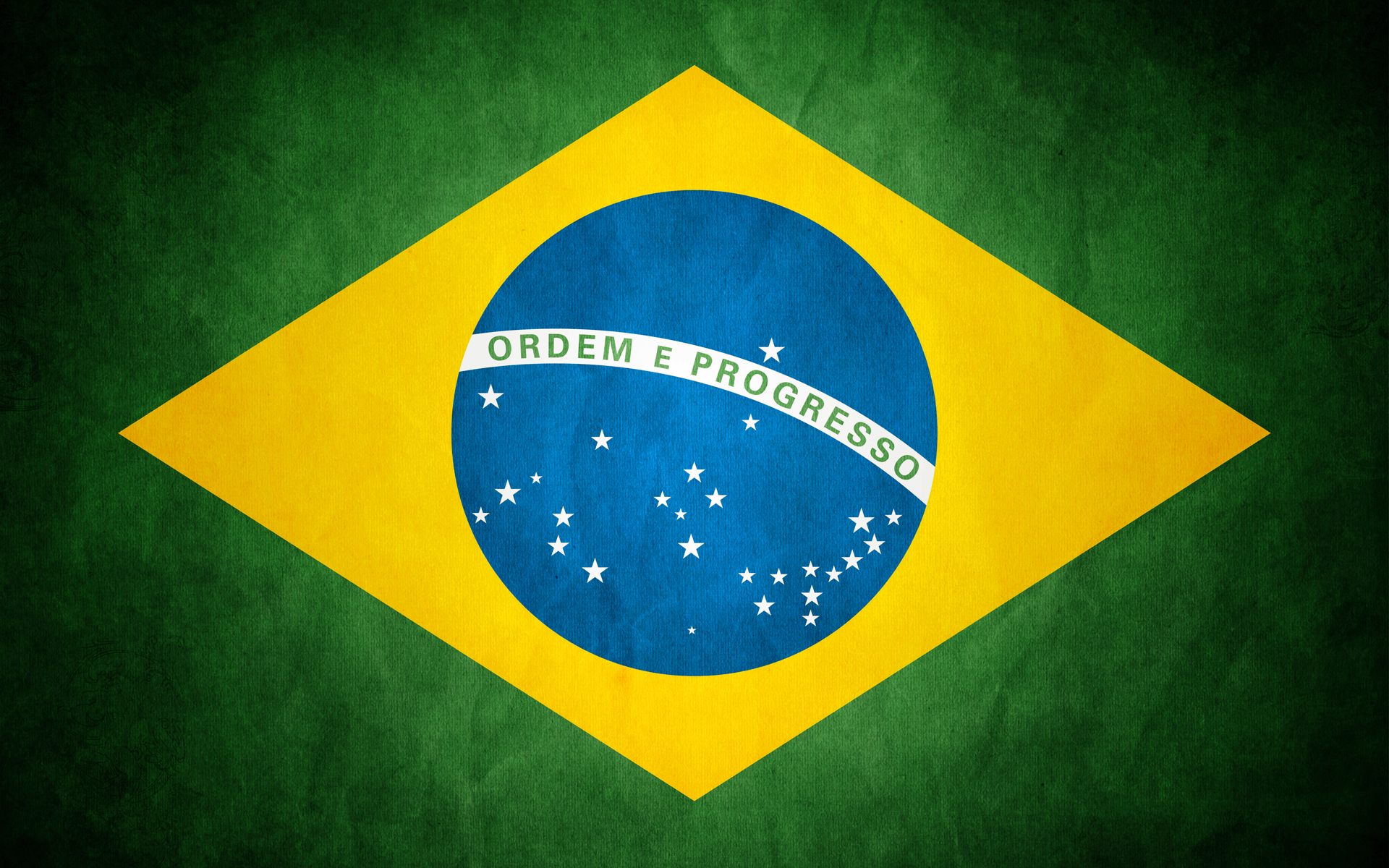The World Justice Challenge, sponsored by the World Justice Project (WJP), is an open competition designed to inspire individuals to create initiatives that will strengthen the rule of law where they live and work. It provides an opportunity for individuals to test practical solutions on the ground supported by:
• Modest seed grants—the typical size of a seed grant is $15,000 to $25,000
• Connections to others in the WJP’s global network
• Increased visibility through media and communications support
The WJP believes that everyone is a stakeholder in the rule of law, and that a multidisciplinary approach is essential to creating long-lasting change.
How It Works
Stage 1: Identify an area for improvement. Using the WJP Rule of Law Index, individuals can identify areas where the rule of law needs improvement in the country in which they live or work.
Stage 2: Create an initiative to improve the rule of law. Individuals begin to create ideas to address the challenge. This process may be done with individuals from different sectors or countries in order to encourage diverse perspectives, or it may be created independently. A complete proposal is then submitted to the WJP for consideration for incubation support.
Stage 3: WJP selects initiatives to receive support. Once all proposals are received, a selection process begins using established criteria. Grantees are chosen by a Selection Panel which changes each year.
Stage 4: WJP provides support to selected initiatives. Once an initiative is selected, the WJP works with the program implementers to identify where support is most needed to make the initiative successful.
Documenting and Sharing Ideas: WJP’s Program Library
Since its founding, the WJP has provided over $1,000,000 in financial, communications, and network support to initiatives on five continents, from improving food security in Haiti to access to health care in Cameroon to tackling corruption in India. These initiatives—led by artists, engineers, athletes, and business leaders—show the diversity of approaches to strengthen the rule of law around the world. All initiatives are catalogued on the WJP’s website in a Program Library, where visitors can learn more about initiatives in their countries, or find inspiration to replicate or adapt an idea. Programs are searchable by country, issue, or rule of law factor at http://worldjusticeproject.org/program-library.
Applying for the World Justice Challenge
The World Justice Challenge is open to all individuals, organizations, and entities from any country. The competition will launch on November 5 and close January 15. Approximately 10 grantees will be selected by a Selection Panel using the criteria listed in the application. The typical size of a seed grant is $15,000 – $25,000.
For more information, please visit their website: http://www.worldjusticeproject.org/opportunity-fund-competition.

